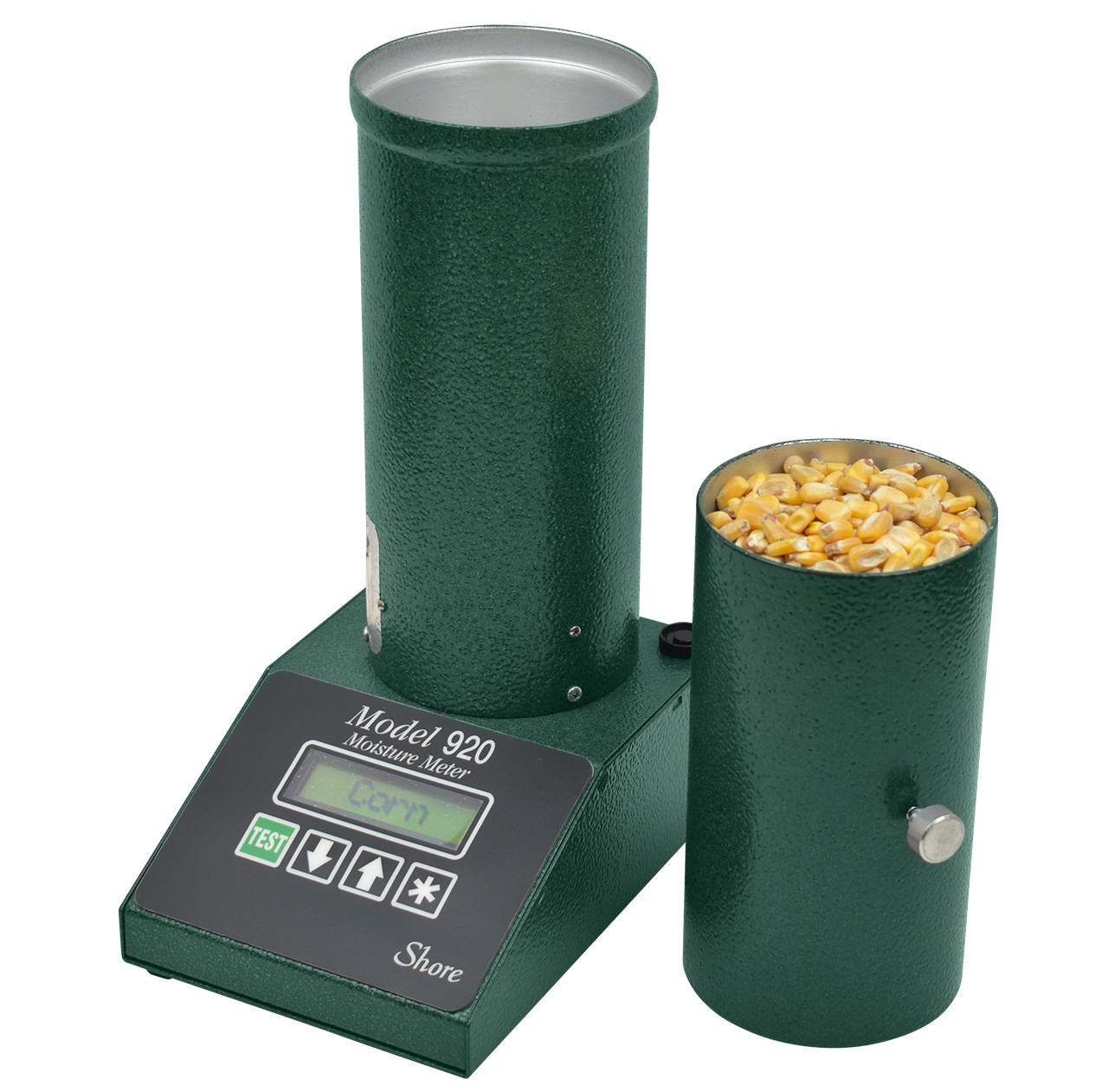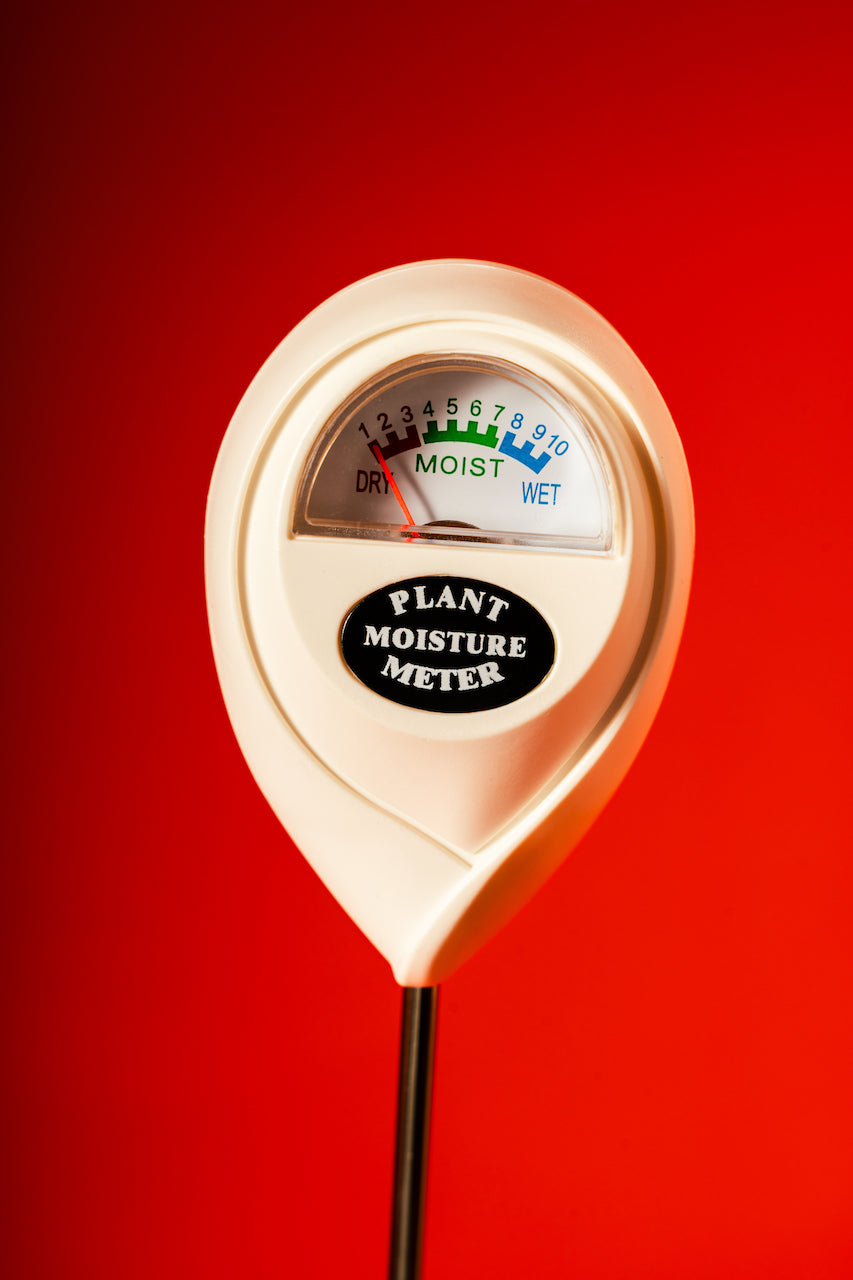The Ultimate Overview to Wetness Meters: A Comprehensive Review and Just How They Can Save You Cash
In the realm of structure upkeep, building and construction, and numerous sectors, the significance of accurately measuring moisture degrees can not be overstated. Moisture meters offer as vital devices in detecting and keeping track of moisture web content in materials, aiding in avoiding costly problems and making certain the high quality of items. Comprehending the nuances of different types of moisture meters, their applications, and the prospective cost-saving benefits they provide can be a game-changer for professionals and organizations alike. Uncovering just how these tools can not just enhance procedures yet also add to financial cost savings is a trip worth embarking on.
Kinds of Wetness Meters
Different sorts of dampness meters are available for various applications in different markets. One typical kind is the pin-type moisture meter, which determines the electric resistance between two pins inserted right into a material. This type is suitable for wood, drywall, and various other structure materials. Pinless dampness meters, on the other hand, use electro-magnetic sensing unit plates to scan a larger location without creating damages to the product's surface area. Moisture Meter. These meters are ideal for swiftly assessing wetness levels in huge areas such as wall surfaces and floors.

Additionally, there are likewise specialized moisture meters developed for details products like hay, grain, or soil. These meters provide exact moisture readings tailored to the unique residential or commercial properties of the material being checked. Infrared moisture meters determine the thermal homes of a material to establish its dampness content non-invasively, making them useful for applications where pin or pinless meters might not be appropriate. Recognizing the different kinds of moisture meters offered can assist markets pick the most ideal device for their details dampness measurement demands.

Advantages of Making Use Of Wetness Meters
Moisture meters use important benefits in accurately checking and evaluating moisture levels in varied products and atmospheres (Moisture Meter). Among the key advantages of utilizing moisture meters is the prevention of possible damages brought on by excess wetness. By finding and addressing high moisture levels early on, wetness meters assist to stop mold and mildew development, rot, and architectural damages in structures, conserving both time and cash on fixings. In addition, moisture meters aid in guaranteeing the quality of materials during building and construction or production processes. By properly determining dampness content, these devices help maintain the stability of timber, drywall, concrete, and various other products, lowering the risk of failures or flaws.
Additionally, using wetness meters can lead to increased energy efficiency. In farming settings, dampness meters play a crucial duty in maximizing crop returns by enabling farmers to keep track of dirt wetness levels and make informed watering choices.
How to Pick the Right Dampness Meter
Choosing the proper dampness meter entails taking into consideration crucial variables such as material compatibility, dimension directory range, and calibration accuracy. When selecting a wetness meter, it's necessary to make certain that the meter is appropriate for the certain product you will certainly be screening. Different materials have differing electric buildings that can impact dampness analyses, so choosing a meter created for your material is essential for accurate results. Additionally, think about the measurement series of the wetness meter. Make sure that the meter can spot wetness levels within the array required for your applications. Calibration accuracy is another crucial factor to keep in mind. Go with a moisture meter with trustworthy calibration to make certain constant and specific analyses. Some meters may call for periodic calibration adjustments, so understanding the calibration procedure is essential. By very carefully reviewing these aspects, you can pick a moisture meter that meets your needs and gives exact dampness measurements for your tasks.
Appropriate Strategies for Dampness Meter Use

Expense Savings Via Dampness Meter Applications
How can the critical use of moisture meters lead to significant expense savings across various industries? Moisture meters play an essential function in cost savings by stopping possible damages and making sure top quality control in different industries. In the farming industry, wetness meters help in determining the optimum time for harvesting plants, stopping over-drying or excess wetness that can impact the end product's high quality. This specific tracking helps farmers stay clear of unneeded losses and optimize their return.
Similarly, in building and construction, moisture meters assist prevent costly damages by spotting dampness levels in building products, such as timber or concrete, which can cause structural issues if not resolved promptly. By recognizing problem areas early on, professionals can take corrective measures to prevent comprehensive repair services or replacements, eventually conserving money and time.
In addition, in the food handling sector, moisture meters are important for checking item top quality and making sure compliance with security laws. By properly determining wetness content in foodstuff, manufacturers can stop wasting, keep freshness, and lower waste, resulting in significant price financial savings. In general, the calculated application of moisture meters is an important financial investment that can result in significant price reductions and boosted performance throughout different markets.
Final Thought
In conclusion, dampness meters are beneficial tools for spotting and determining moisture levels in different materials. By using the best moisture meter and adhering to proper techniques, individuals can successfully prevent costly problems brought on by excess wetness. Investing in a high quality dampness meter can cause substantial expense financial savings in the future by recognizing potential concerns early and making it possible for timely removal. Ultimately, dampness meters are necessary tools for preserving the stability and long life of frameworks and materials.
Dampness meters offer as crucial see devices in finding and keeping an eye on moisture web content in products, aiding in stopping expensive problems and making sure the high quality of items. Infrared dampness meters determine the thermal residential properties of a product to establish its moisture material non-invasively, making them helpful for applications where pin or pinless meters may not be suitable.Dampness meters provide indispensable benefits in properly checking and evaluating moisture levels in diverse products and settings. In agricultural setups, moisture meters play an important role in enhancing plant yields by making it possible for farmers to monitor soil dampness levels and make informed irrigation decisions.In final thought, moisture meters are beneficial devices for gauging and discovering dampness levels in different materials.